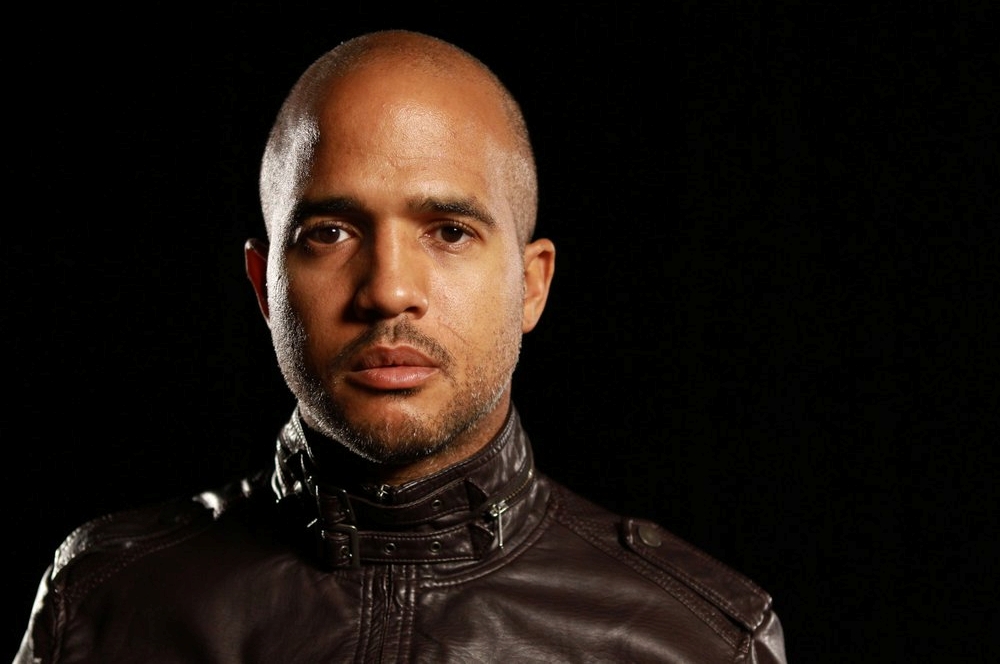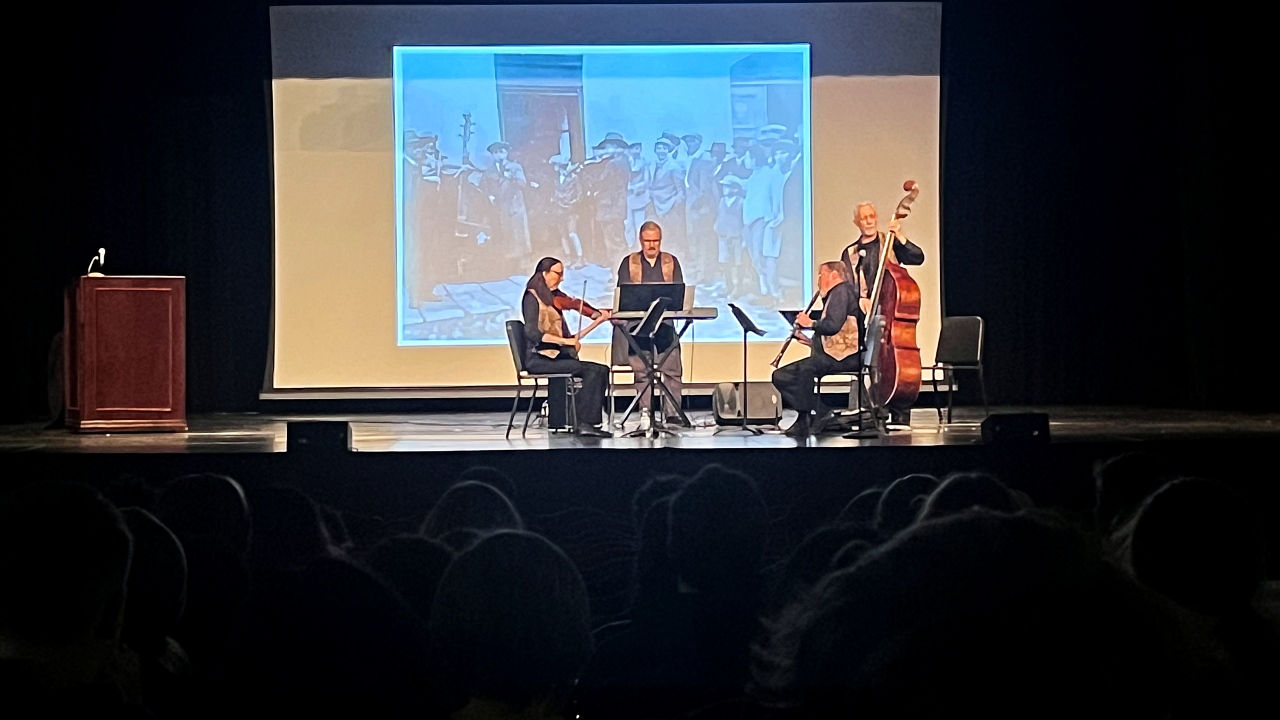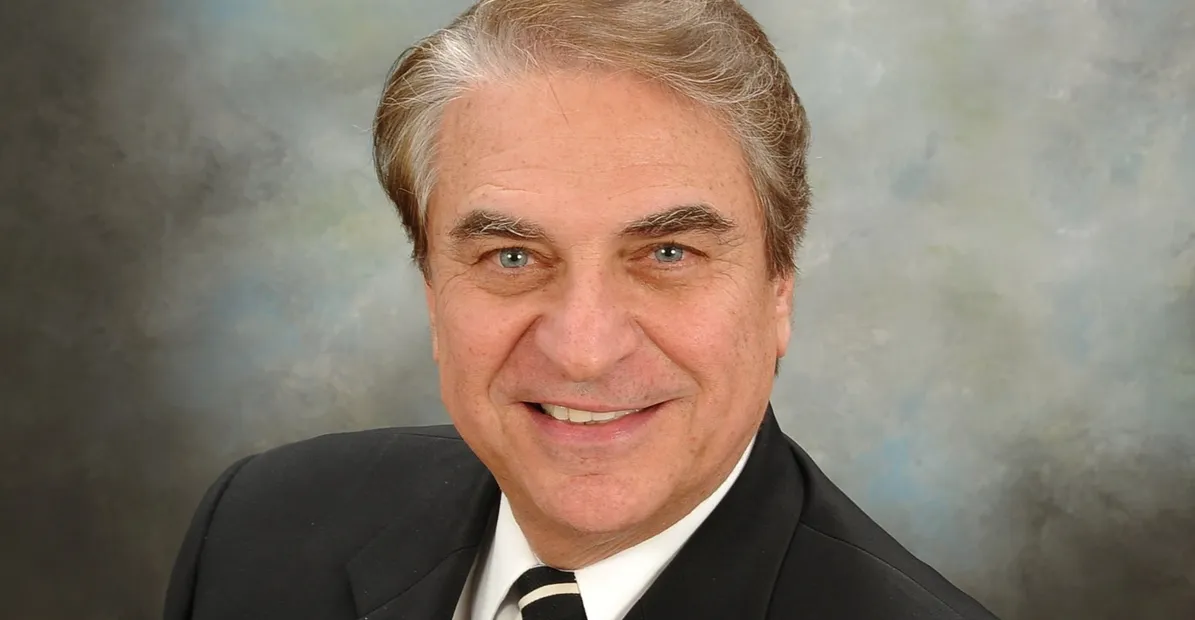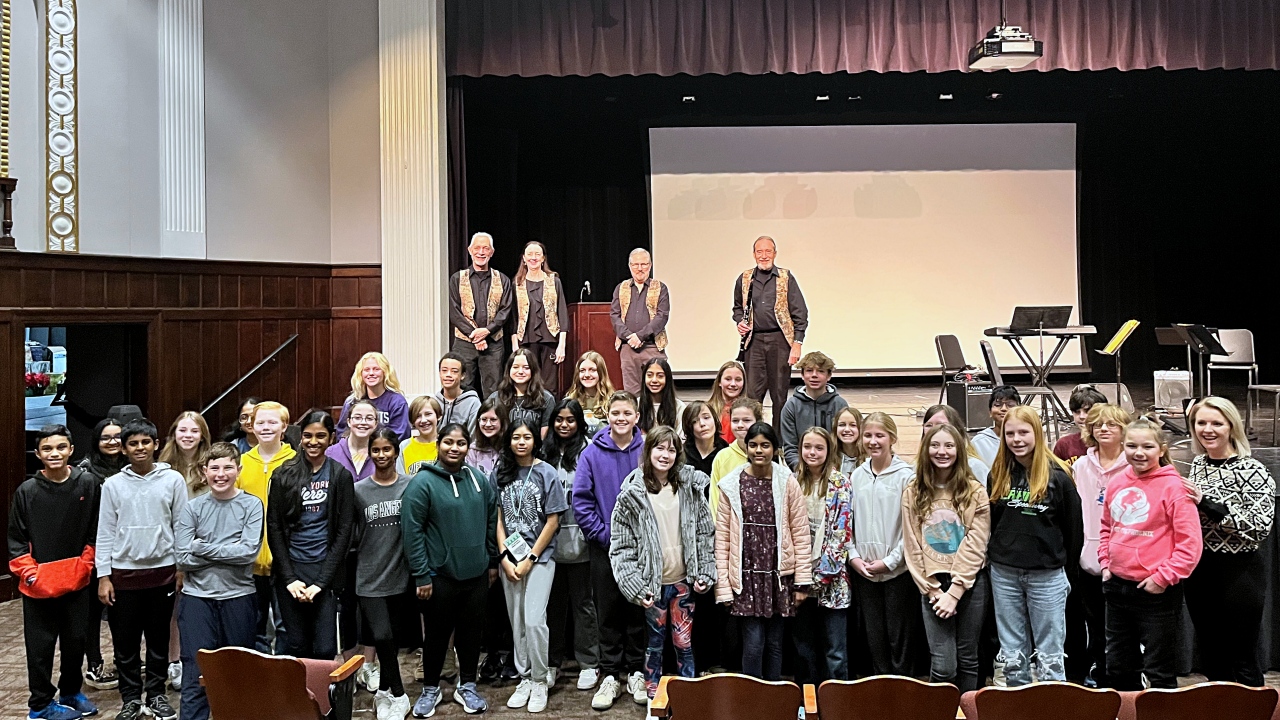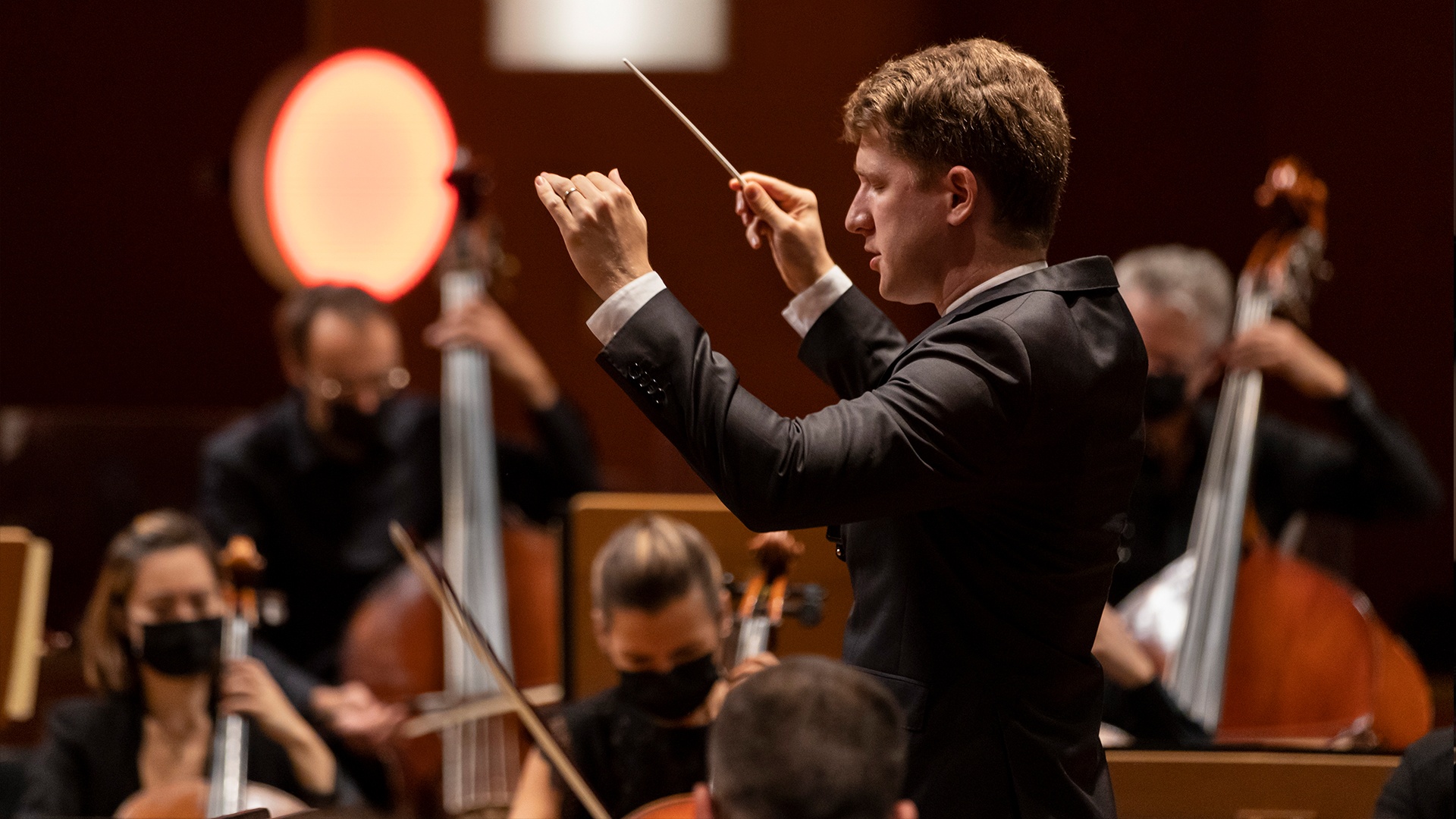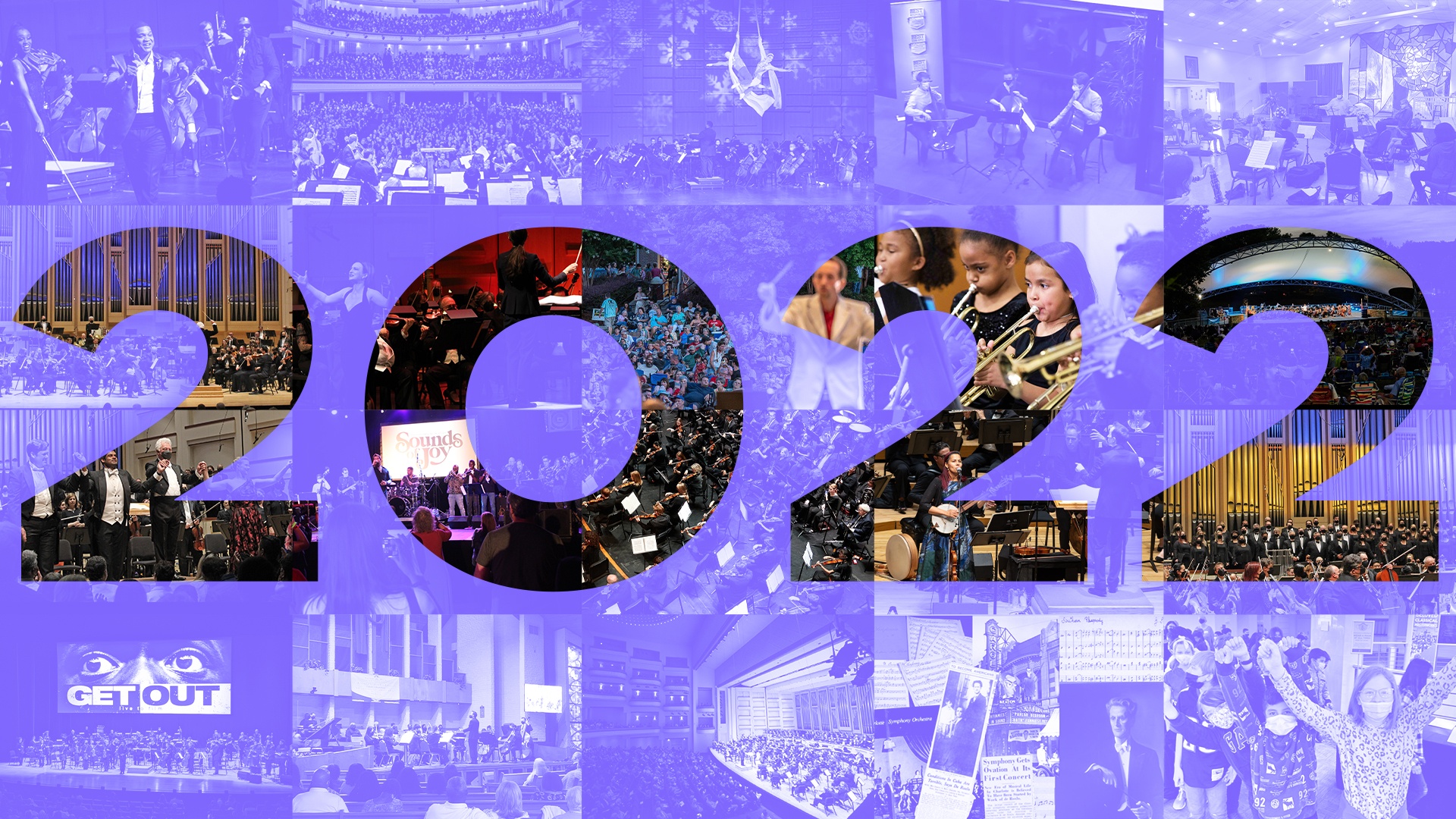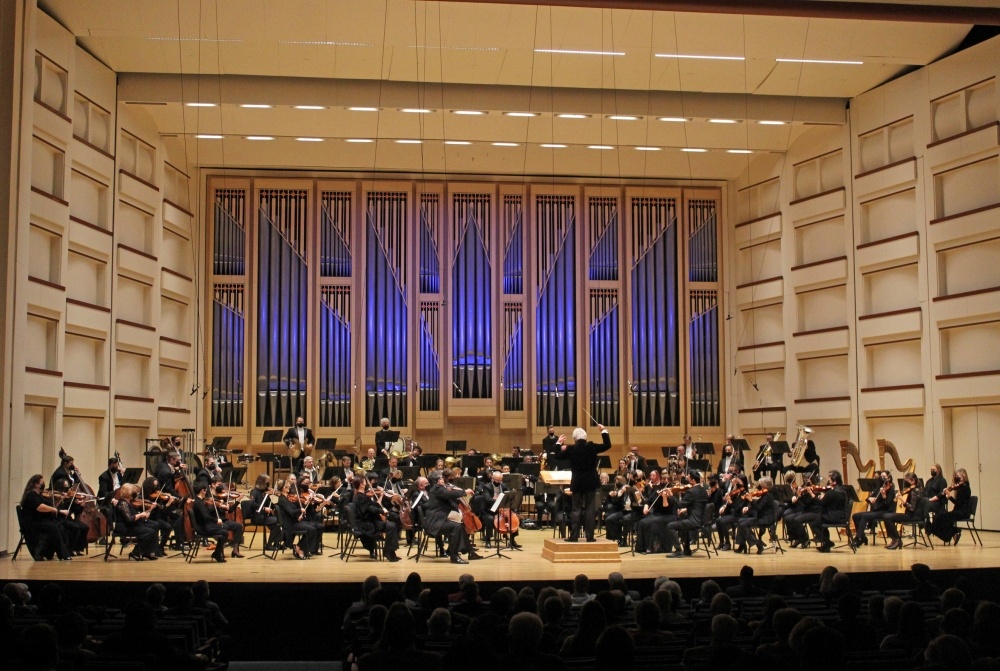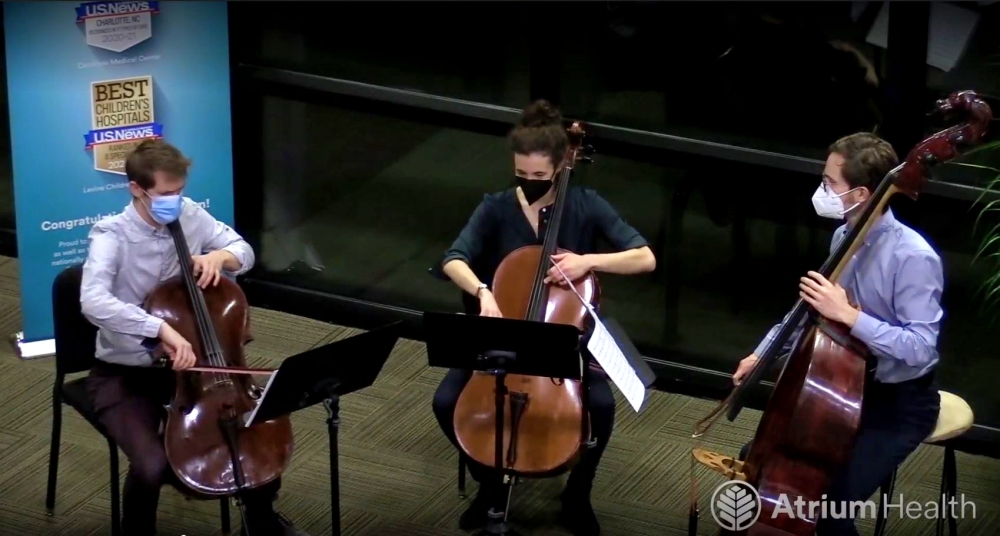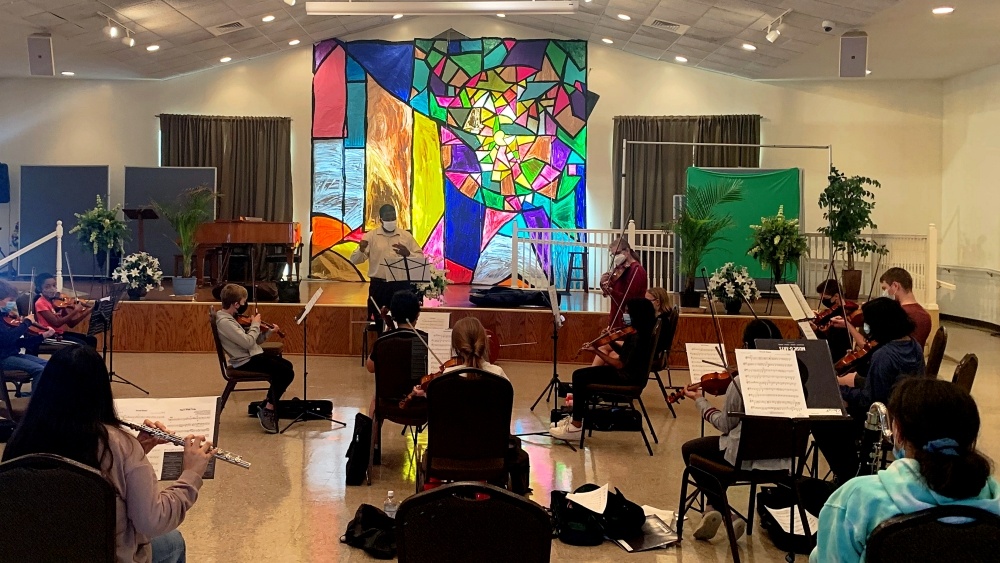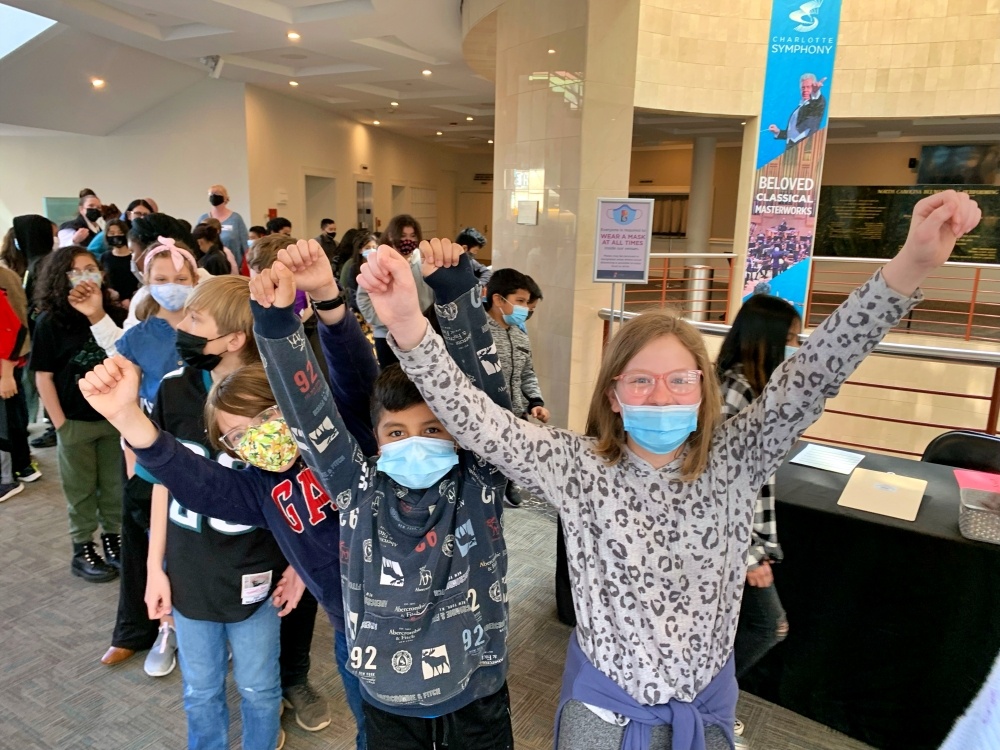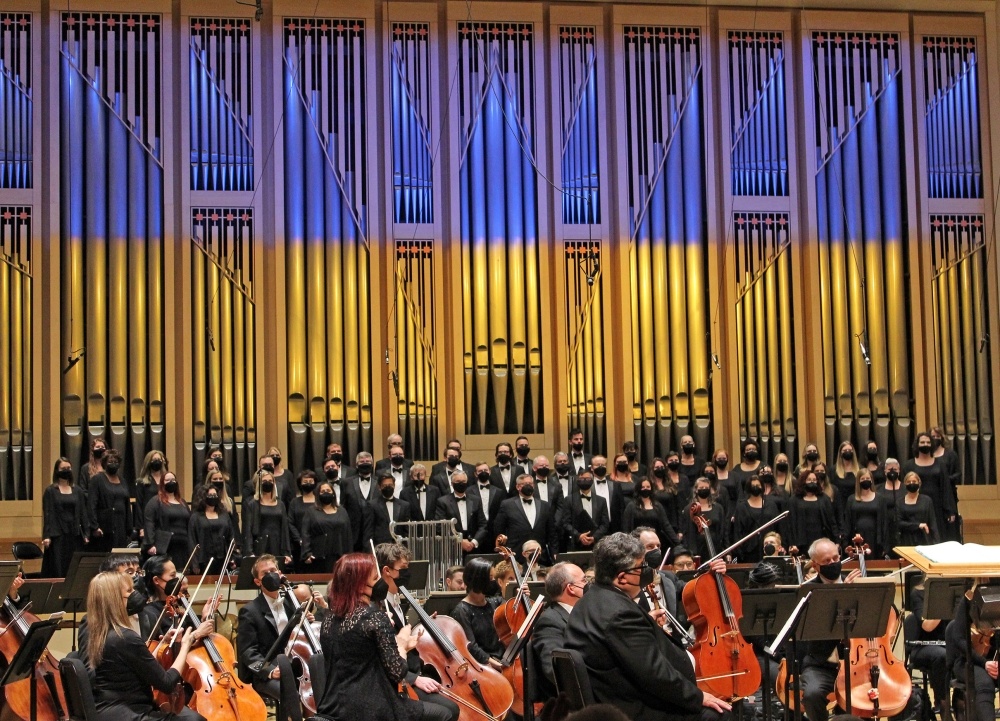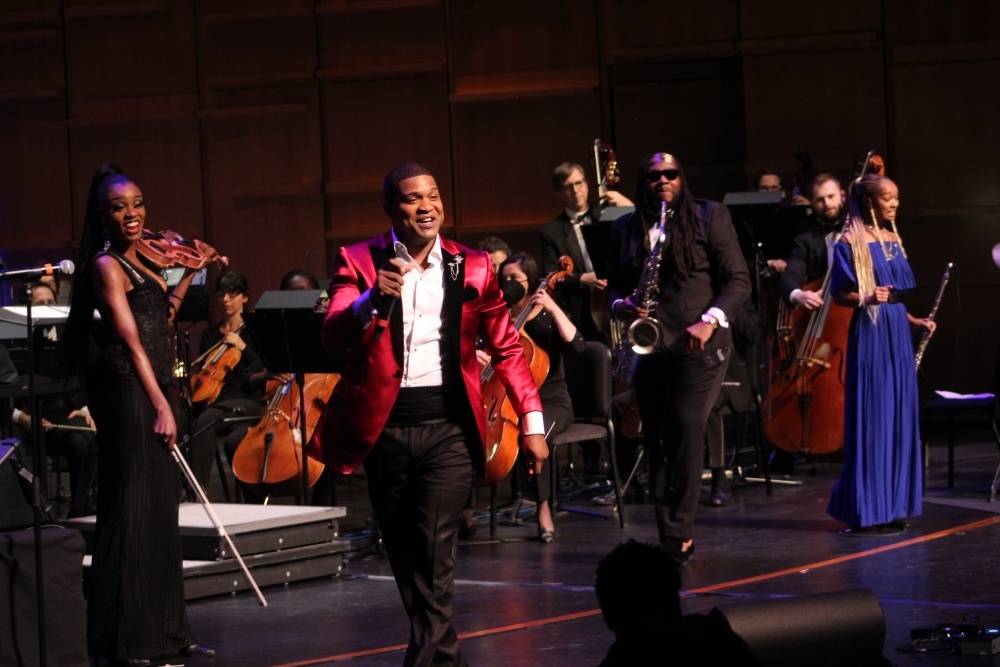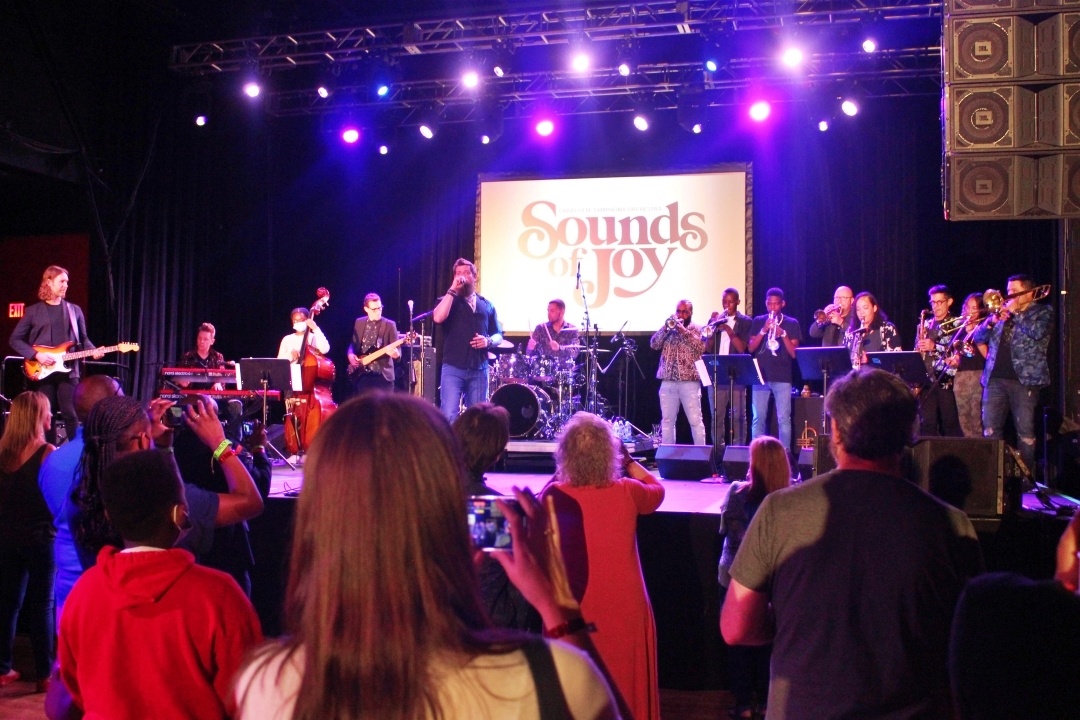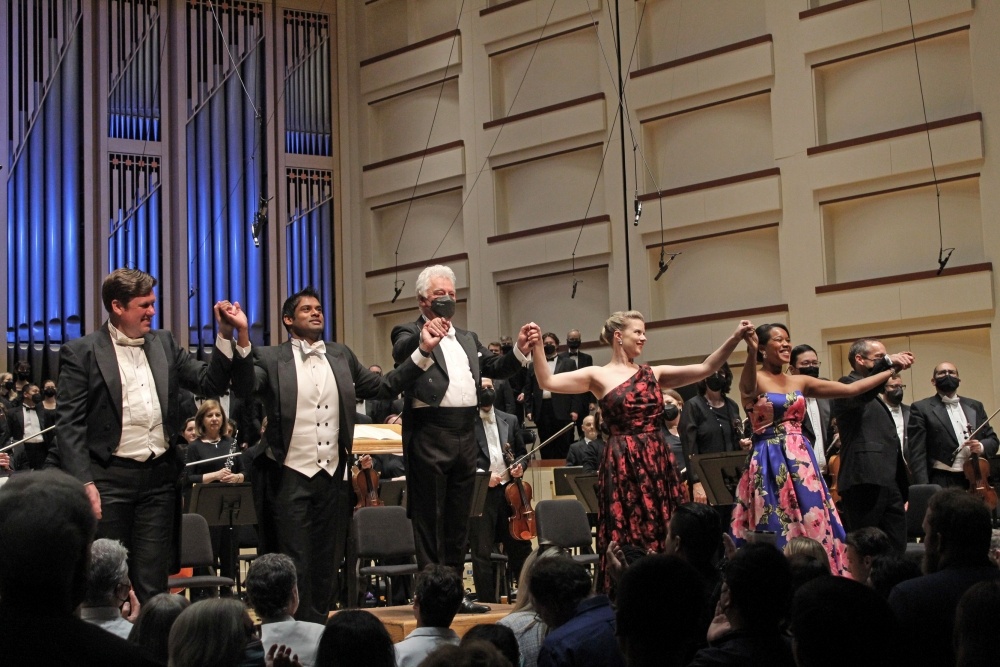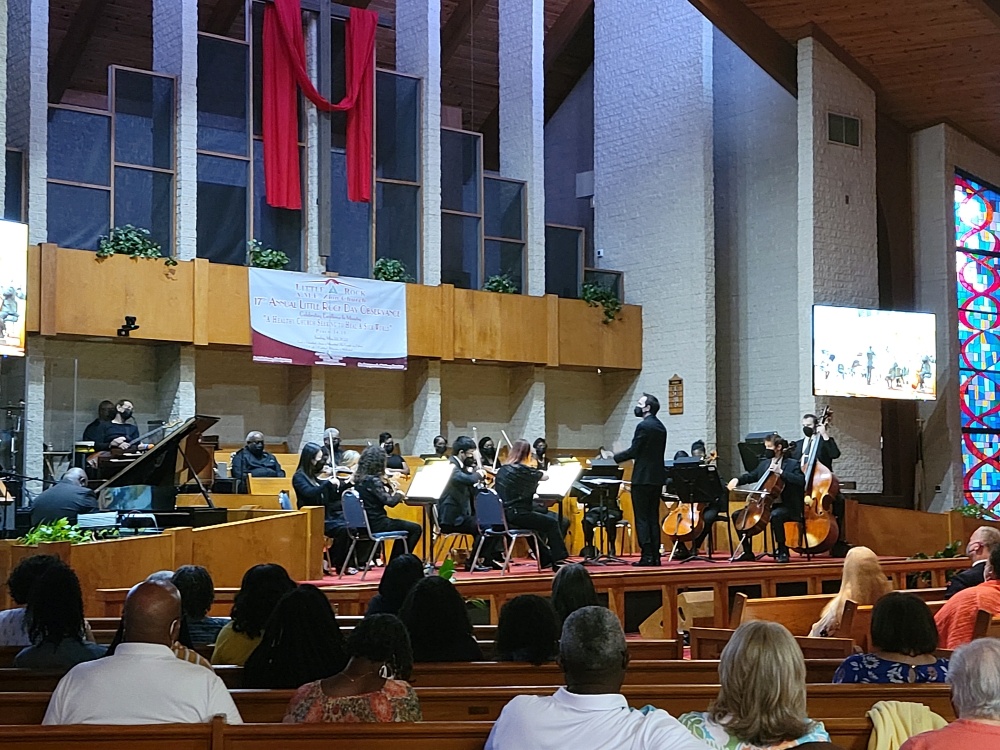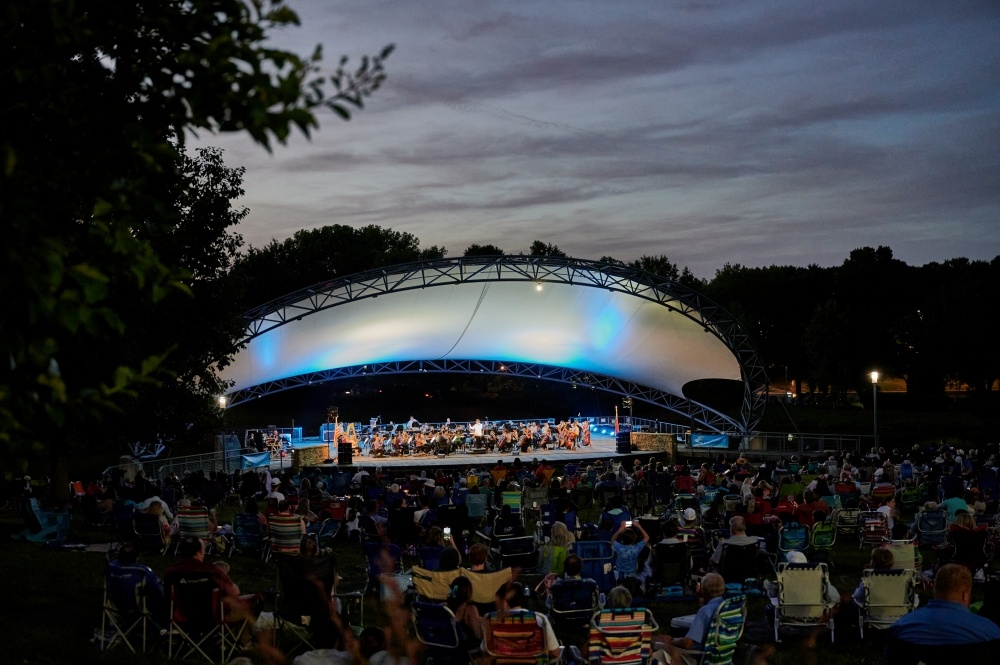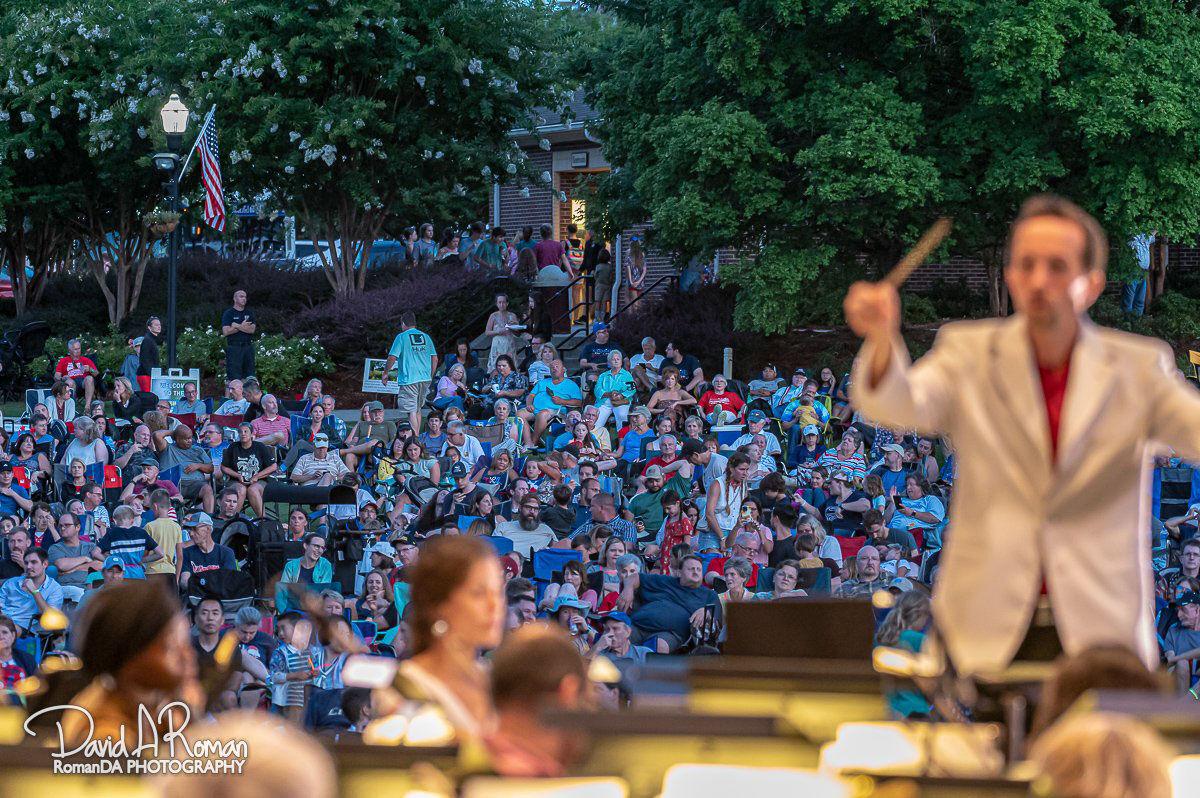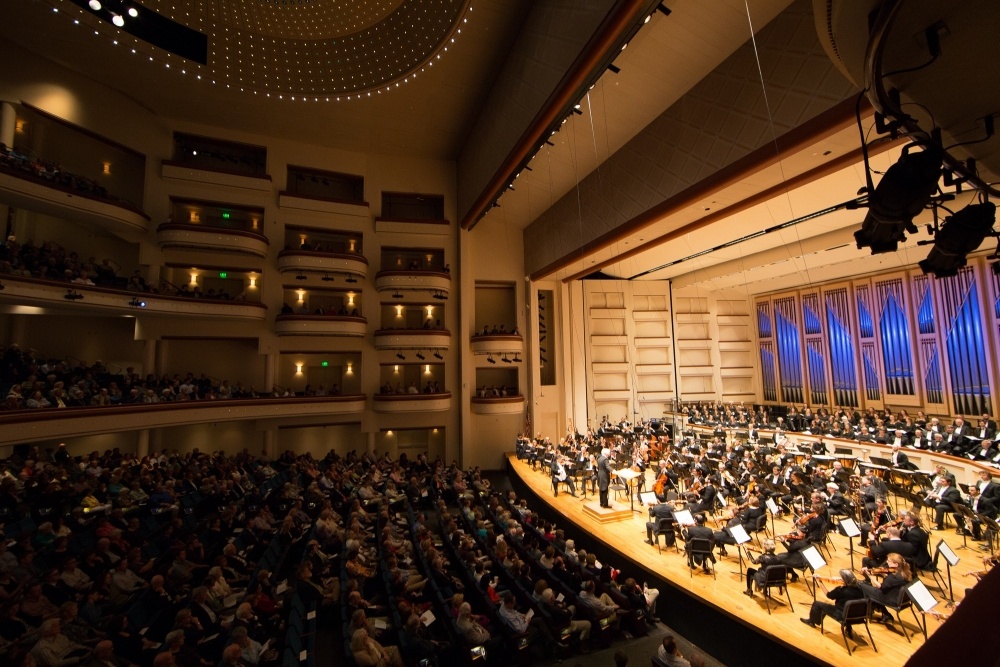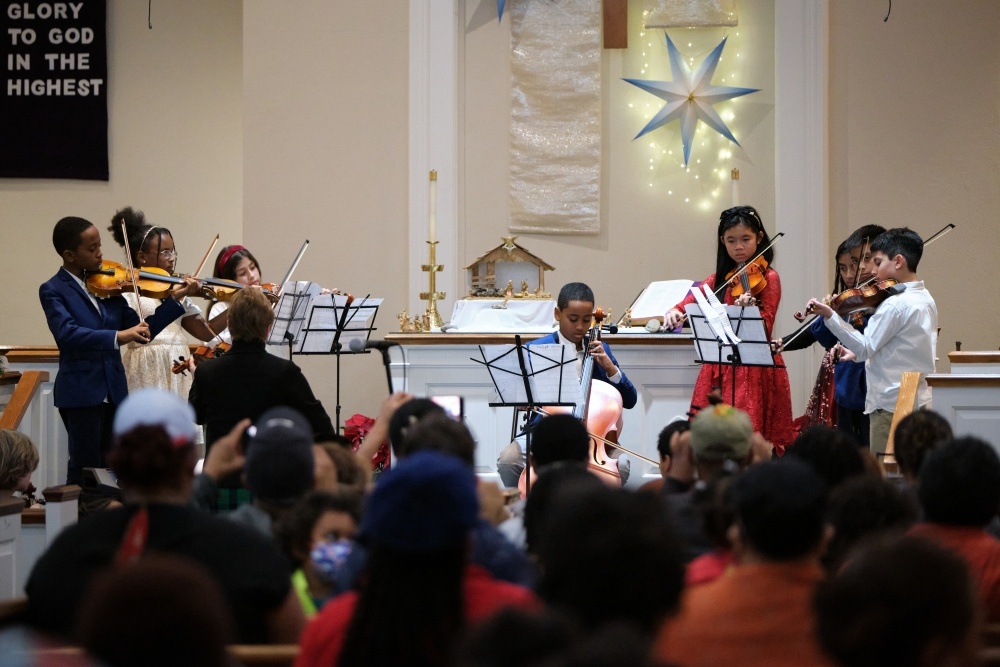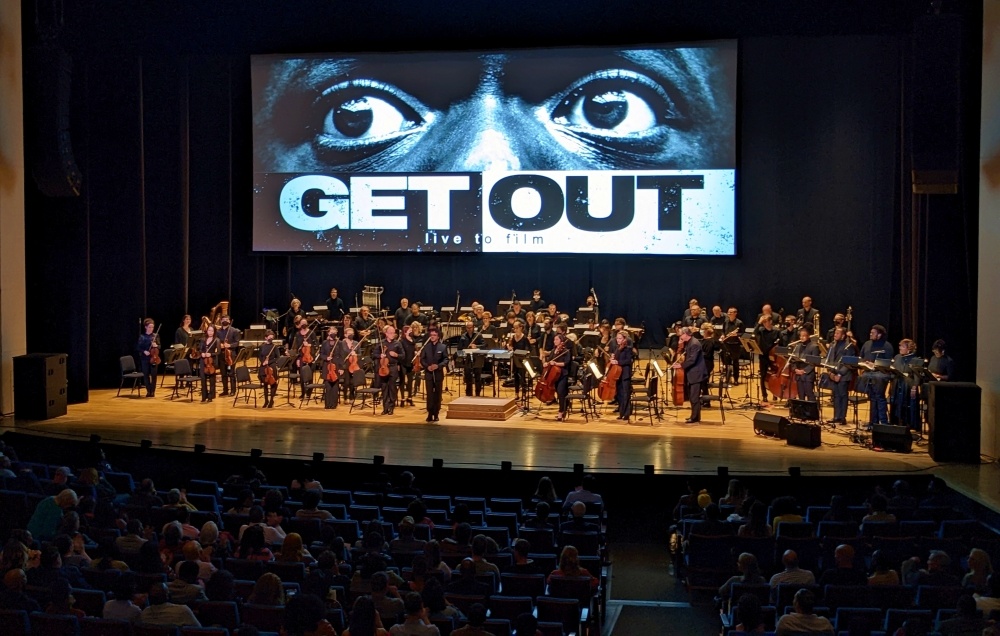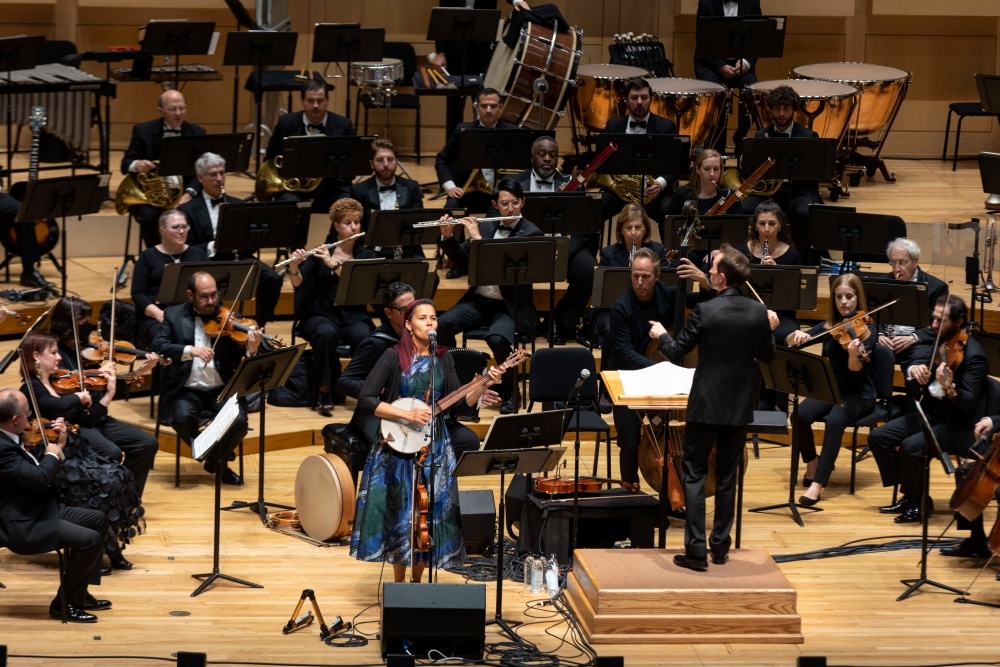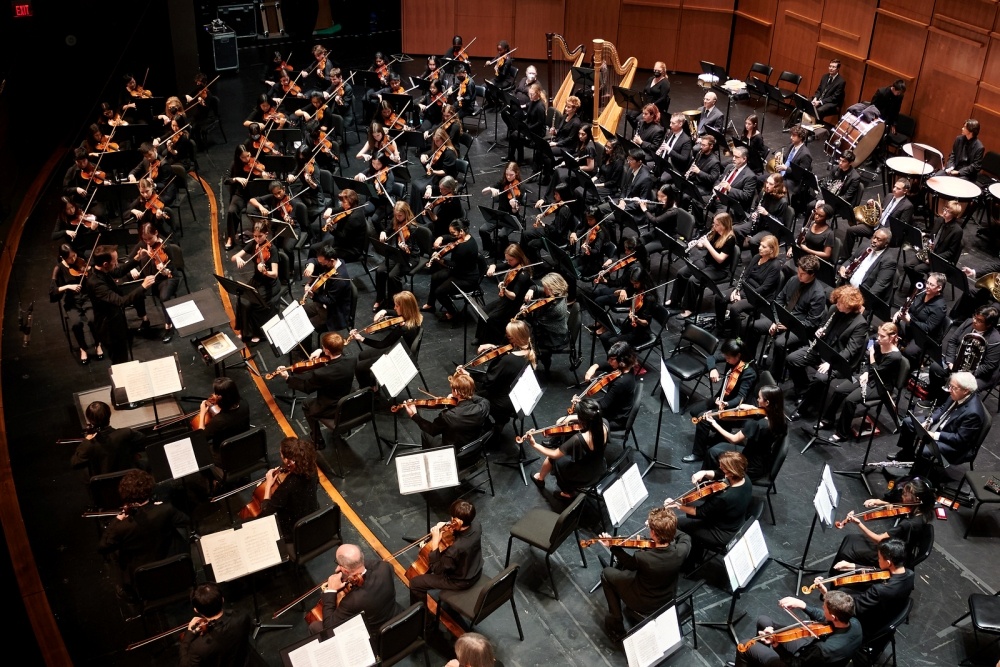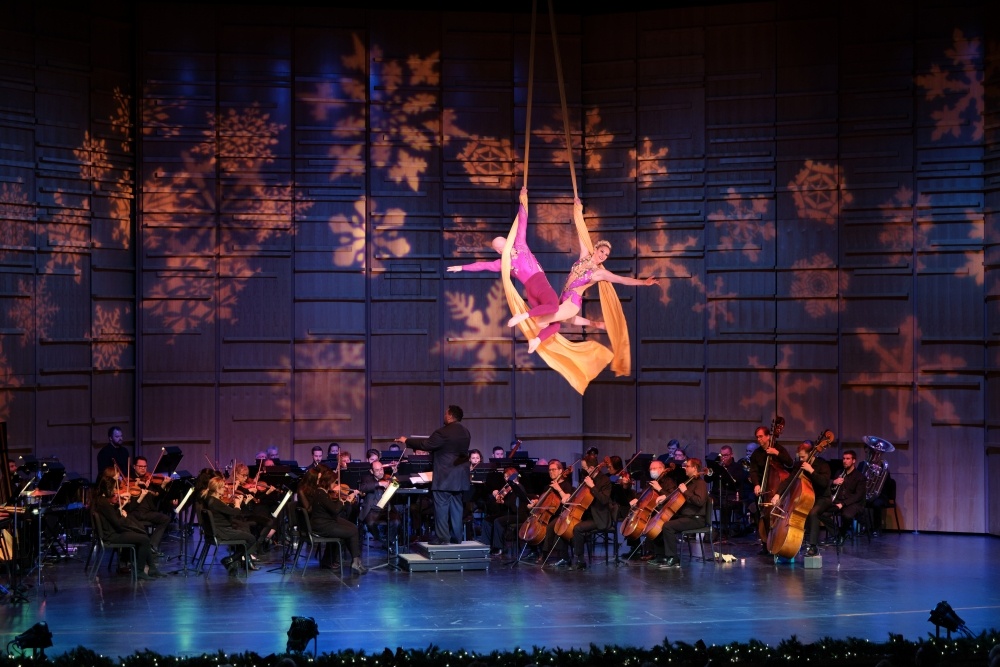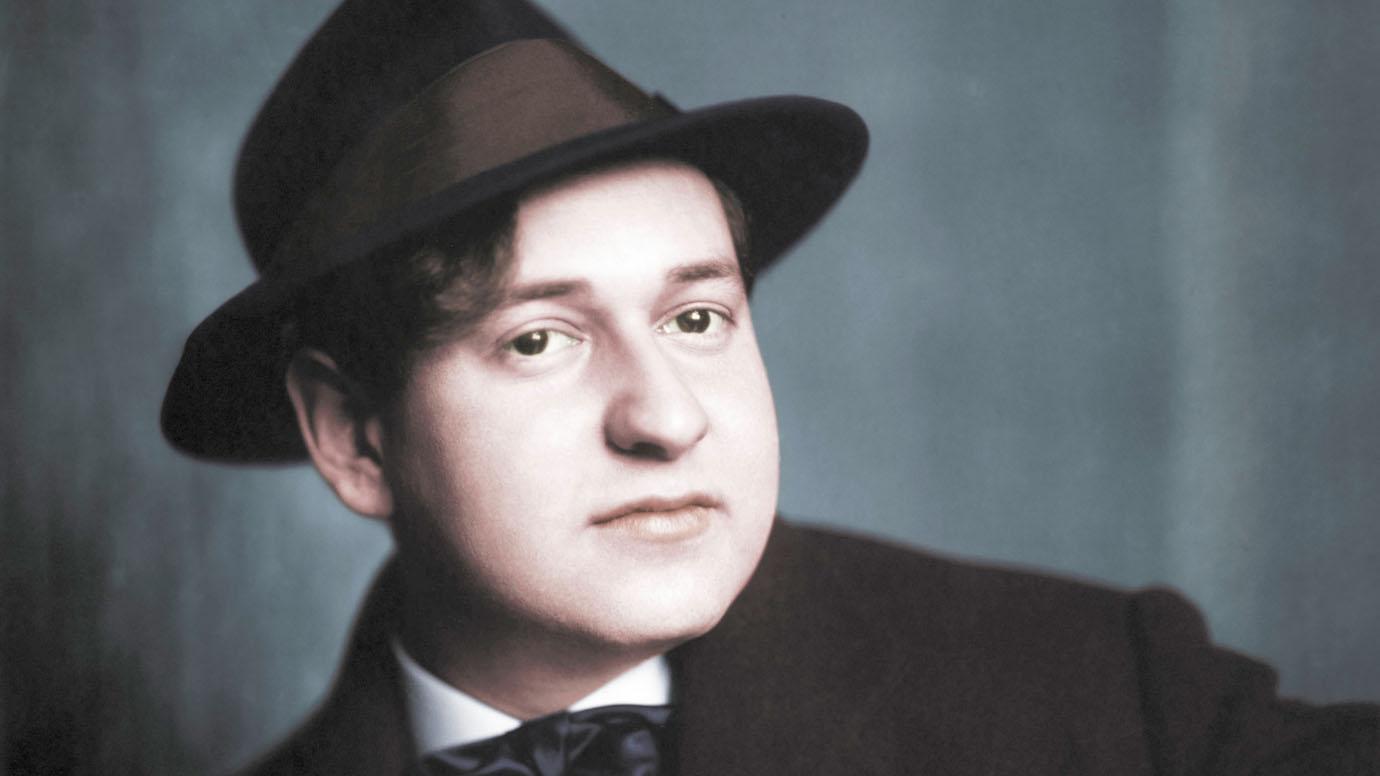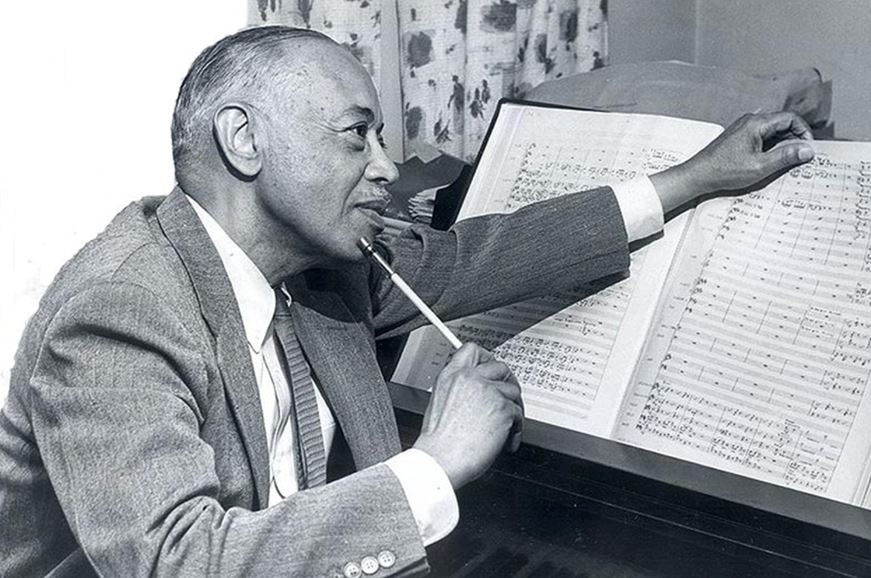
William Grant Still (1895-1978), often called The Dean of African American Composers, was an American composer, arranger, conductor, and pioneer of early 20th-century classical music. He was born in Mississippi and grew up in Little Rock Arkansas where he learned to play the violin and piano. Despite facing significant racial barriers and prejudice, Still went on to become one of the most influential figures in classical music, paving the way for future generations of African American musicians and inspiring countless composers with his unique style.
Still was the first African American conductor to lead a major American orchestra, and the first to have an opera produced by the New York City Opera. Throughout his career, Still composed more than 150 works, including five operas, eight ballets, six symphonies, and numerous other works for solo instruments, choral ensembles, and small and large orchestral groups.
Still's music was born of the Harlem Renaissance and his sound is characterized by its fusion of classical, blues, and spiritual elements, reflecting his experiences as a black man in early 20th-century America. He drew inspiration from a wide range of musical styles, including European classical music, African American spirituals, and jazz, creating a unique musical voice that was ahead of its time. His compositions feature intricate rhythms, lyrical melodies, and rich harmonies, and he often used his music to address political and social issues of the day.
Today, William Grant Still continues to inspire musicians and audiences alike. His music has been performed by major symphony orchestras, opera companies, and ballet companies around the world, and his legacy continues to influence contemporary classical music.
Explore five of the best pieces of music by William Grant Still on Classic fm.


